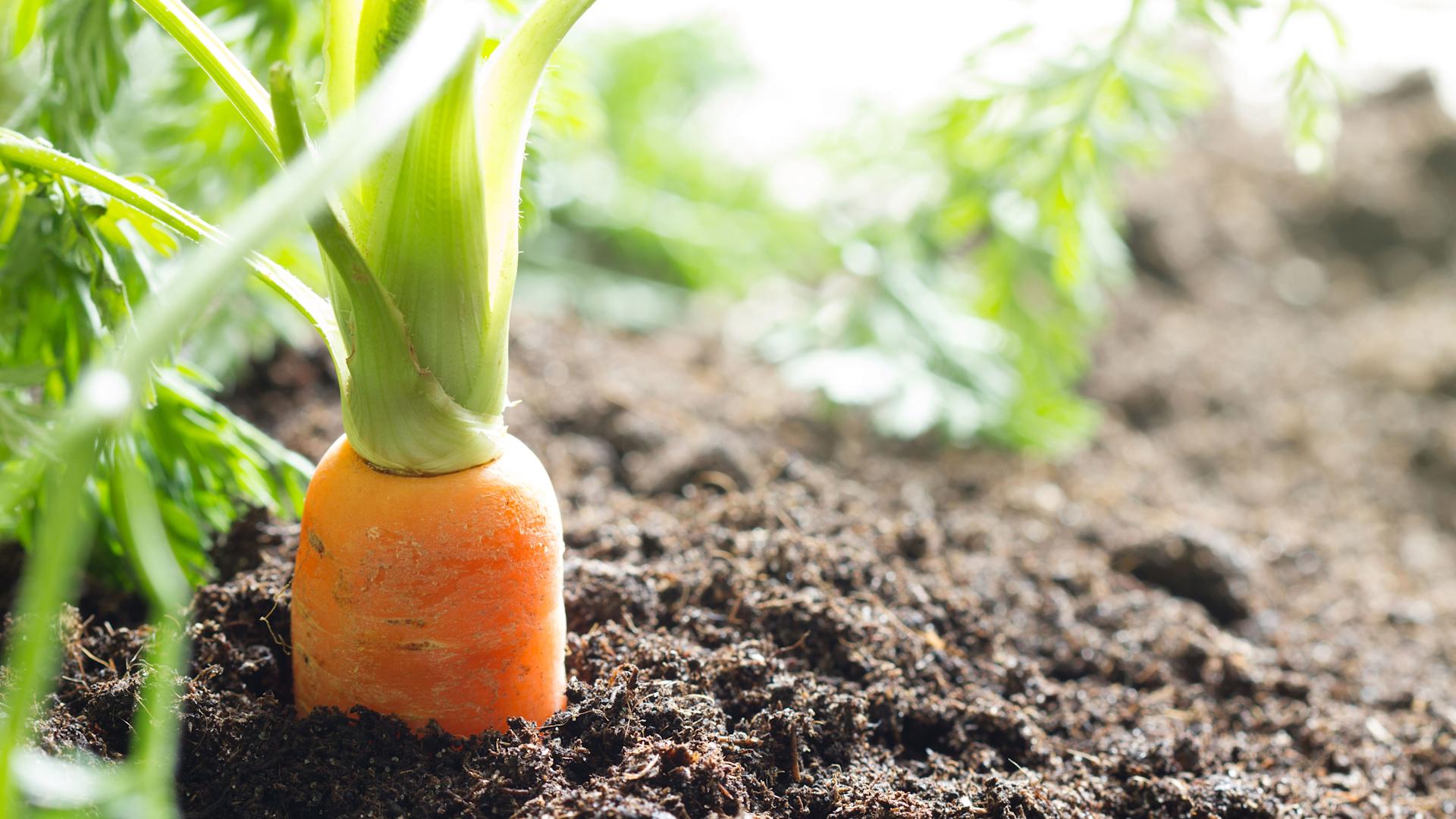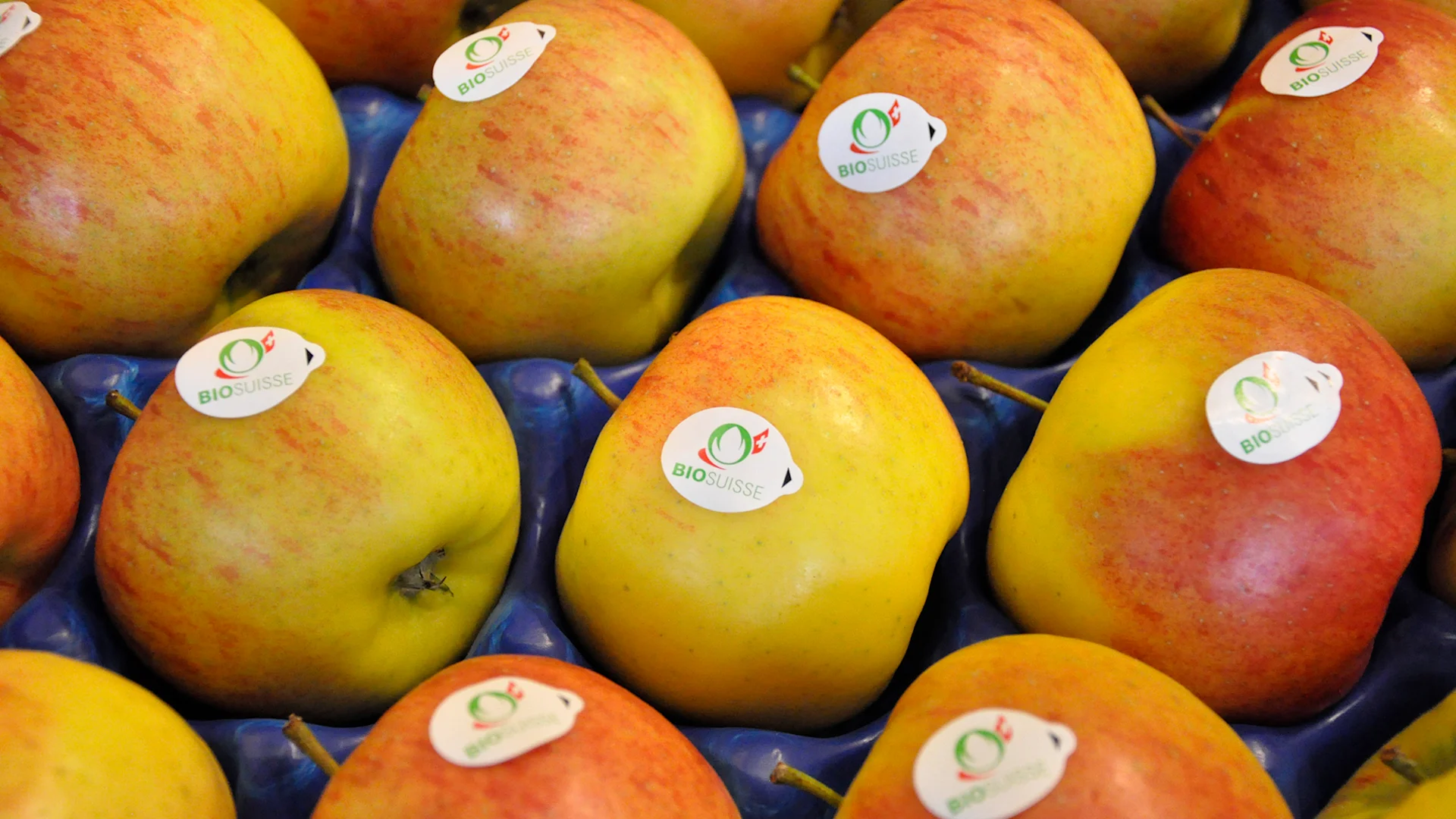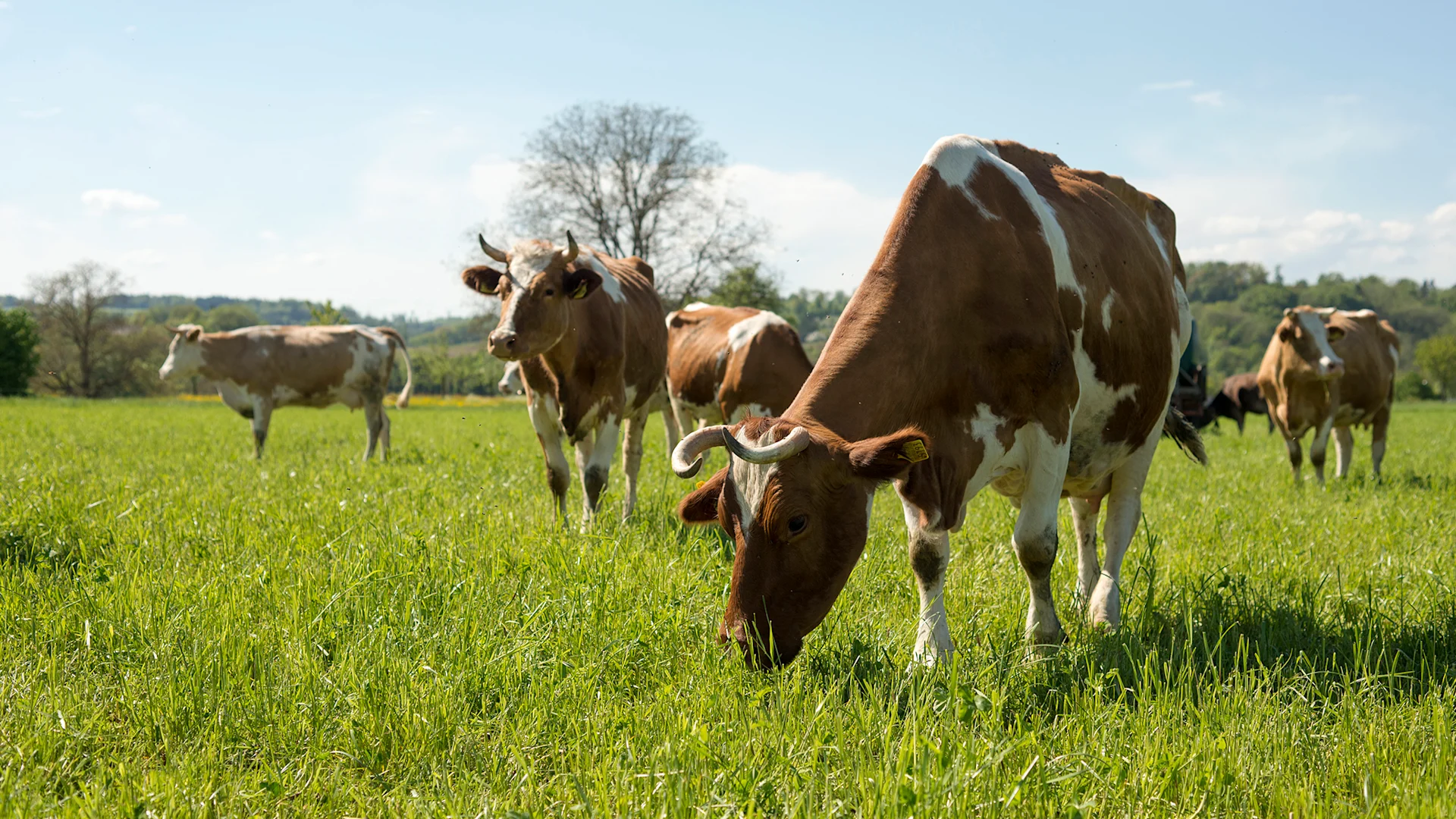
Sustainable products
How to crack nuts without a nutcracker
Got a bagful of nuts, but no nutcracker? With our hacks you won’t even need one!
navigation

Sustainable products
There are many myths around organic food. What’s true and what’s not? WWF expert Eva Wyss has the answers.
Eva Wyss, do organic products go off more quickly?
Sometimes we hear these sorts of things because fewer pesticides and preservatives are used in the production of organic foods. However, I don’t know any scientific studies that back this up. So it’s really just gut instinct. What’s more important is that you just buy what you really need. Then you won’t create any food waste and this question becomes irrelevant.
Do organic vegetables taste better?
Taste is very individual, so it’s hard to answer this question with a yes or no. I personally find that organic fruit and vegetables taste better. That’s one of the reasons why I almost always buy organic products. There are also studies confirming this. Organic products contain fewer harmful substances like nitrates or pesticides and more secondary plant compounds such as unsaturated fatty acids, which are important for a healthy diet.
Is everything with an organic label really organic?
Yes! Of course, there may be the odd rogue. But production, processing, storage and trade are generally very strictly regulated and checked here. Every organic farm is audited once a year. Organic certification is issued by independent bodies. The federation and the Bio Suisse organisation monitor production, processing and distribution.

Is local organic even better than organic?
That depends entirely on the production method. If the organic products are grown locally in a greenhouse heated using fossil fuels, that’s bad for the environment. The general rule is: organic over seasonal over local.
Does it really make a difference if I eat organic meat?
Yes. Organic quality is important when it comes to meat consumption, because more consideration is given to animal welfare and the environment. For example, organic cows eat less concentrated feed. This is grown in fields that could be directly used much more efficiently for human food.

But surely organic is just marketing?
False! Studies show that there is much more biodiversity in organic farms. Even the ground is more fertile, and the climate is protected. Because no chemical synthetic pesticides or chemical fertilisers are used, farmers must cooperate more with nature.
Isn’t much more irrigation required for organic farming?
I don’t see why it would be. Quite the contrary, in fact: the varieties of fruit and vegetables grown are often much more resilient and can cope better with drought. Moreover, with organic farming, the ground is often covered with vegetation that stops it from drying out.

You can find out more about our commitment to a wide range of sustainable products in the stories.